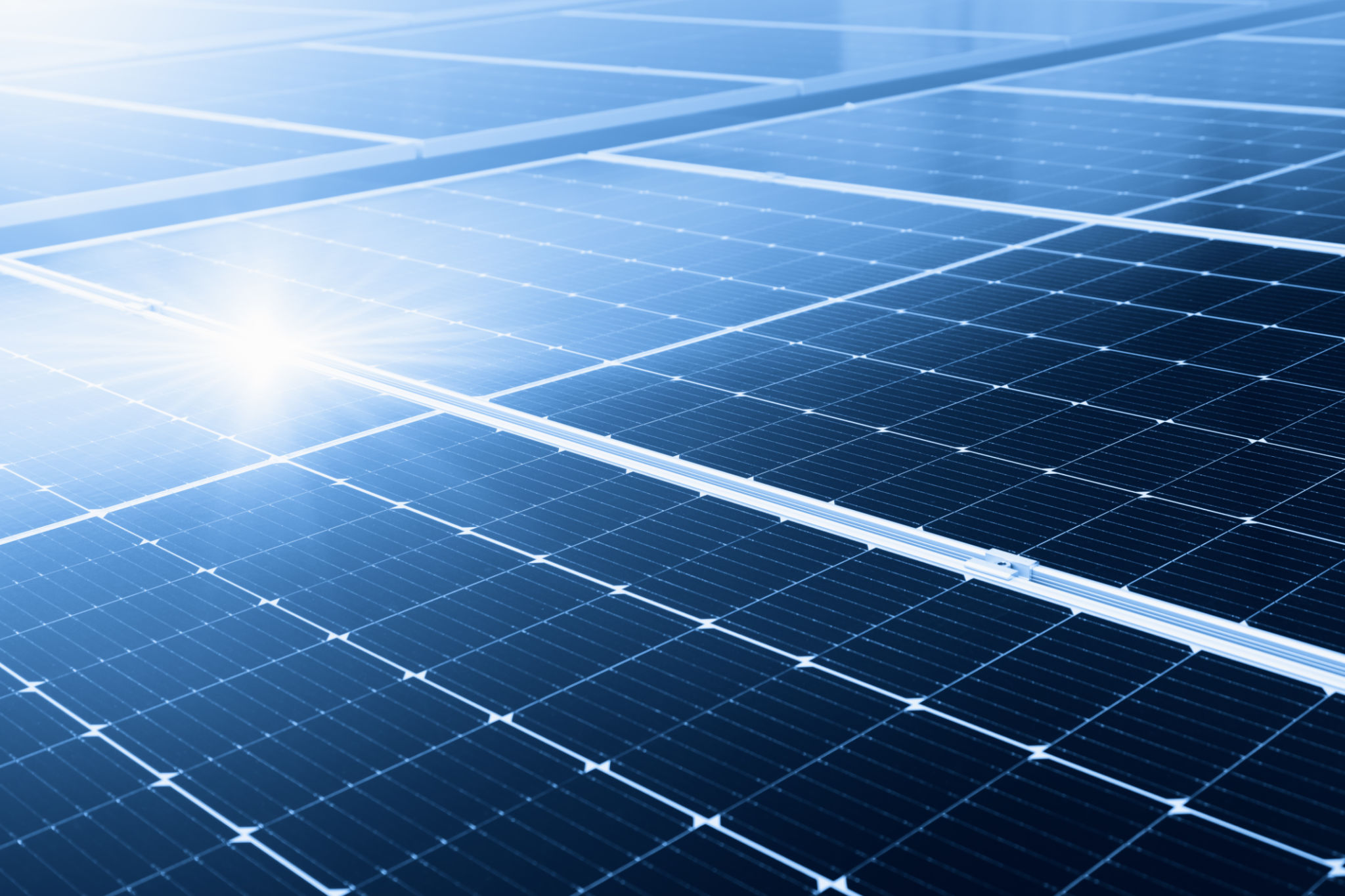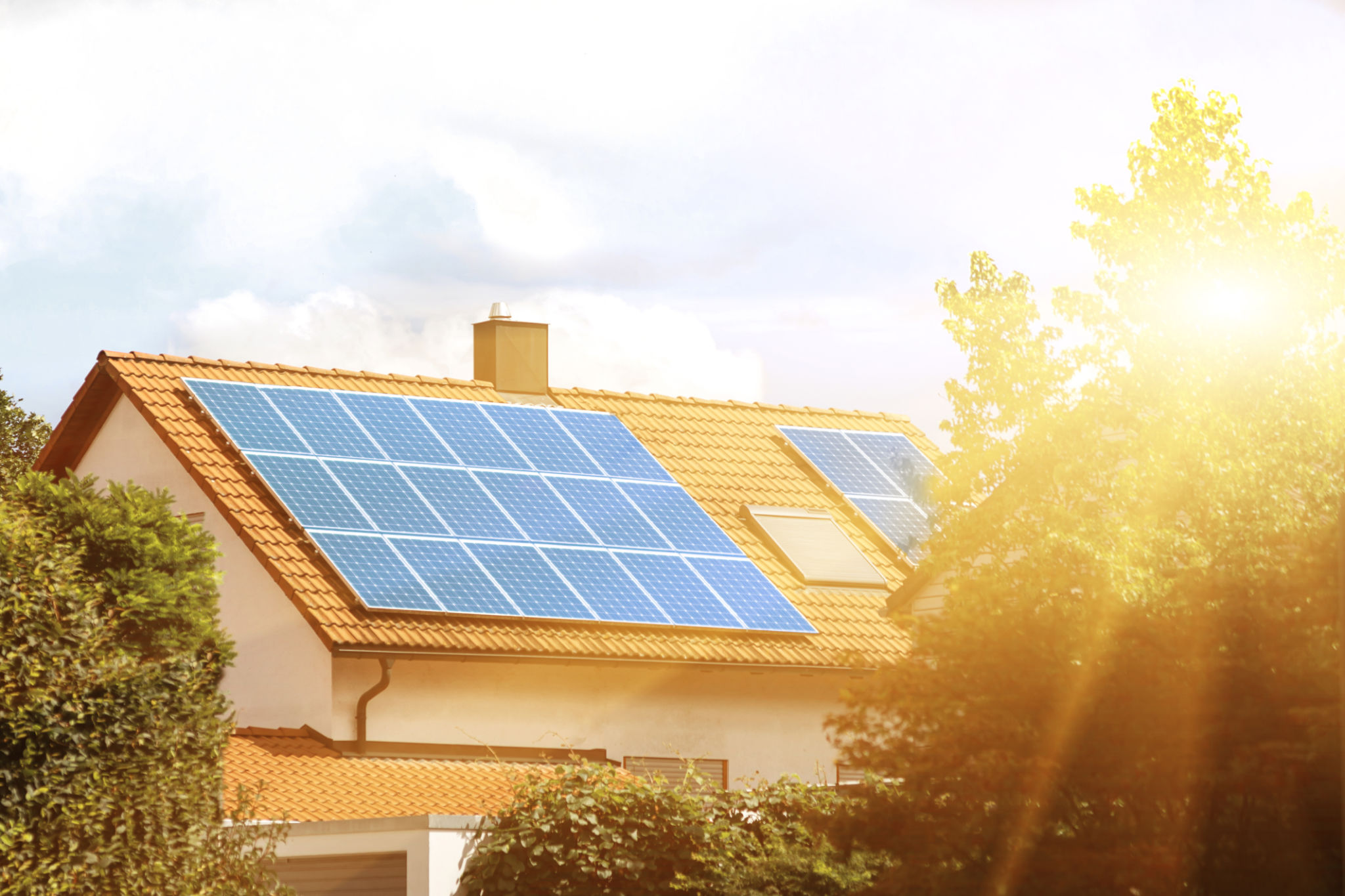The Complete Guide to Residential Solar Installation in San Diego
Introduction to Residential Solar Installation
San Diego, with its abundant sunshine, is the perfect location for harnessing solar energy. Residential solar installation not only helps in reducing electricity bills but also contributes to a sustainable future. In this guide, we'll walk you through the essential steps and considerations for installing solar panels in your home.

Benefits of Going Solar
Switching to solar energy offers numerous benefits. Firstly, it significantly cuts down electricity costs. Homeowners can save thousands of dollars over the lifespan of their solar panels. Additionally, solar energy is a clean, renewable resource that reduces your carbon footprint and helps combat climate change.
Moreover, having solar panels installed can increase your property's value. Homes equipped with solar systems often sell faster and at a premium compared to non-solar homes.
Understanding Solar Panel Systems
Before diving into installation, it's crucial to understand the components of a solar panel system. A typical setup includes solar panels, an inverter, a mounting system, and sometimes a battery storage unit. Each component plays a vital role in converting sunlight into usable electricity for your home.

Solar Panels
Solar panels are the most visible part of the system. They capture sunlight and convert it into direct current (DC) electricity. The efficiency and cost of the panels will depend on the type you choose—monocrystalline, polycrystalline, or thin-film.
Inverters
The inverter is essential for converting DC electricity into alternating current (AC), which powers your home. There are several types of inverters, including string inverters, microinverters, and power optimizers, each with its own set of advantages.
Choosing a Solar Installer
Selecting the right solar installer is crucial for a successful installation. Look for certified professionals with experience in residential projects. It's advisable to get multiple quotes and check reviews before making a decision. Ensure that your chosen installer offers strong warranties and after-sales support.

Permits and Regulations
In San Diego, you'll need to obtain the necessary permits before installing solar panels. This typically involves submitting applications to local authorities and complying with building codes and zoning laws. Your installer can often assist with this process to ensure all regulations are met.
Financial Incentives and Rebates
The financial aspect of solar installation can be daunting, but there are several incentives available to ease the burden. The Federal Solar Investment Tax Credit (ITC) allows you to deduct a significant percentage of your solar costs from your taxes. Additionally, California offers various state-level rebates and incentives that can further reduce installation costs.
Financing Options
If upfront costs are a concern, consider financing options such as solar loans, leases, or power purchase agreements (PPAs). Each option has its pros and cons, so it's important to evaluate which one aligns best with your financial situation.
Conclusion
Installing residential solar panels in San Diego is a smart investment for both your wallet and the environment. By understanding the components, selecting the right installer, and taking advantage of financial incentives, you can make the transition to solar energy smoothly and efficiently. Embrace the sunshine and start generating clean energy for your home today!

